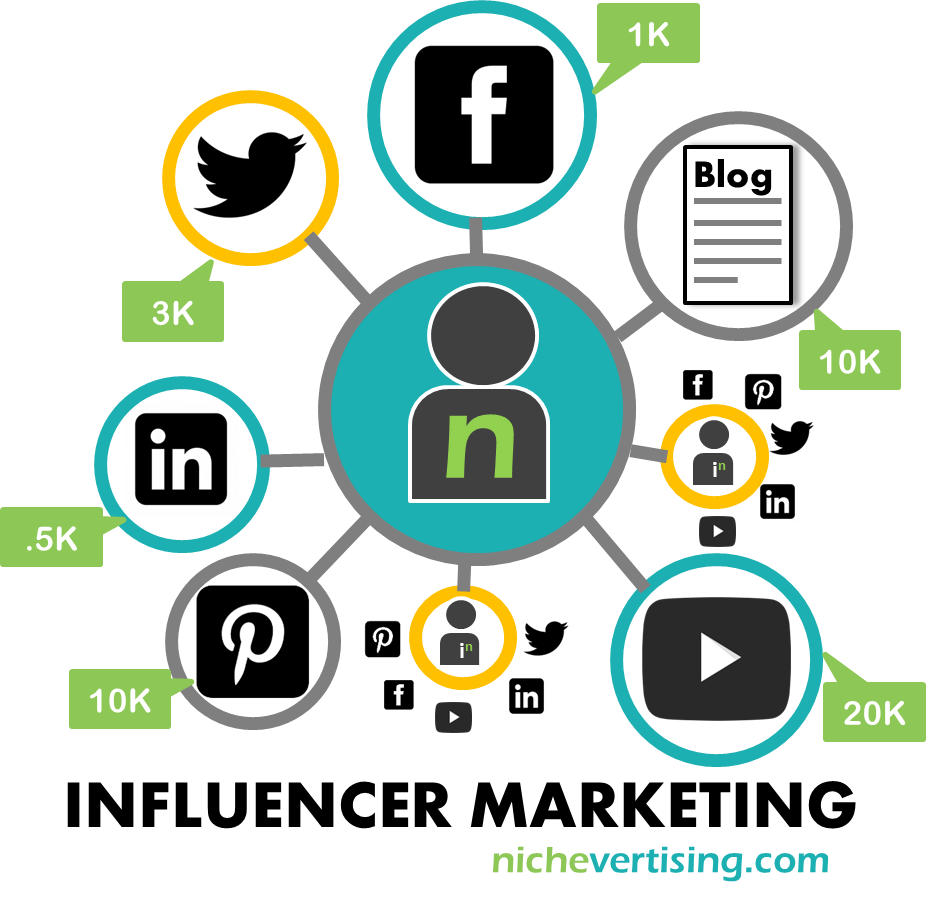According to a recent article by Skyword magazine, 2016 is “the year of the influencer.” In a world where people are bombarded by information, consumers still predominantly make decisions by using the advice of friends, family, and trusted online presences like blogs, Youtube channels, and sites. The article posits that marketing in this day and age has become about influencers and less about traditional channels, which people are more likely to shut out or ignore.

In a situation like this one, it’s possible to engage in short-term relationships with influencers, such as when Professor Milne would send Robeez to various family blogs in order to build buzz and get reviews from people that are trusted into the hands of consumers. However, these relationships exist in flux, and very often have little behind them but the product. For producing an unbiased review this is ideal, but in the age of influence, a company should think about investing in long-term relationships with influencers and working to turn them from basic influencers producing content about a subject to a advocate working to advance the goals and causes of a company.
In much the same way that companies build relationships with consumers, the same must be done with influencers. I personally connect much more with companies that I feel appreciate my feedback and input, and care what I have to say. There are companies as well like Bose that I have interacted with in the past in a negative way, and have completely turned me off mentioning them or recommending them to others. While I cannot say that I am an influencer in general, the truth is that the same methods apply to just about any person, young or old. There’s a desire to connect with products, especially in the tech and outdoor gear worlds, to not only have them deliver solutions to the customer but also to be a part of their life, and share in their experiences. In such a world, building advocacy relationships with a consumer is not only sustainable business-wise, but it’s the ideal move to make.

The future is this: A company can release a new product or sustainability initiative, and more and more of the marketing will be done for them by a network of “advocate influencers.” As public relations rise in importance and company needs the public to be aware and yet avoid the stigma of greenwashing or simply trying to build hype, turning influencers into full-on advocates will be even more important, and the best way to do that? Develop relationships with them, take what they say into account, and give them some trust. They’ll do the same for you.
It’s hard to imagine that influencers can play a larger role in consumer choices than they already do. Personally, I rarely buy a product (even groceries) without discussing it with friends or family. Even if they don’t have much expertise to base their opinions on it is still comforting to know that someone else has tried it and liked it, or is willing to pledge their support for a product.
It really does go back to the concept of value based marketing, putting the consumer as the first thought of the company and designing the product or service around exactly what your potential customer is looking for.
As third party influencers continue to play an increasingly more important role in our decisions, do we need to consider them as a threat to sustainability? Will there be a place for governments to regulate what these spokespeople are allowed to endorse? Or will we be able to rely on the influencers desire to maintain their reputation to lead the way?
Great thought Collin!
I agree that it is important to look beyond just the initiative itself and in your case the Promotion/PR of the initiative. At the end of the day, companies need more than just an A+ product or initiative to be considered successful.
Looking at advocates and brand influencers really ties in with the uncertainty of PR. A company can provide facts and transparency to the general public, but it has zero control over how it will be received and talked about.
The first example that comes to mind when I think about a good sustainability initiative and negative WOMO is NIke. It wasn’t until this year in our class that I knew about Nike’s sustainable initiatives. As with many others, I thought of Nike in a negative light with respect to human treatment and child labour. Little did I know, Nike has put significant resource allocation into providing transparent information on their supply chain.
Moving forward, it should most definitely be on the radar of marketers to consider brand advocates and sustainability under one umbrella.
Nice post Collin! I was really engaged when reading your article, as last week I got an internship in Germany for a very new, young and dynamic company, Pulse Advertising, which is basing its business on influencer marketing. Definitely, influencers are the future of marketing as customers are looking more and more for interaction when buying a product, as well as third parties’ opinion.
Is influencers’ good job going to be even more important than the product’s features when it comes to decide whether to purchase an item or not?